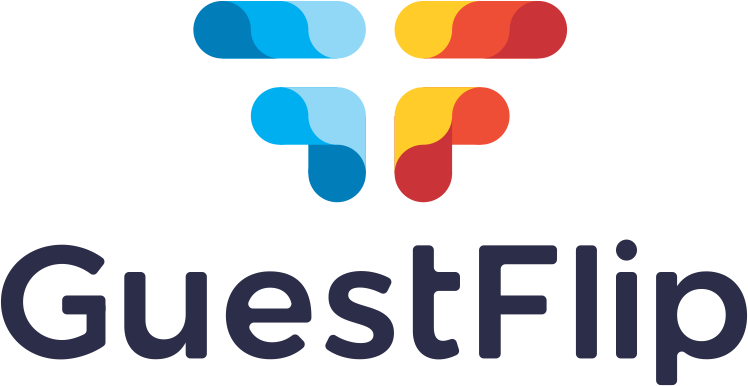What is RevPAR?
RevPAR is the revenue per available room. RevPAR allows you to measure your daily performance in terms of occupancy rate and ADR (The average daily rate). It doesn’t take into account actual room rates and types or specific occupancy metrics. Hotel Reputation can be one of the most powerful drivers in increasing RevPAR.
It’s a powerful KPI to assess your hotel’s financial performance and compare it with benchmarks. It shows the effectiveness of your pricing strategy and the value of your room inventory.
How do you calculate RevPAR?
Well it’s simple, you multiply your occupancy rate times your ADR.
So, if your ADR is $100 and your occupancy rate stands at 70% then your RevPAR is
$100 * 70% = $70
Why does your hotel reputation affect RevPAR?
In order to understand how your reputation and guest reviews affect your revenue, you need to think like your guests. Guests are looking for properties that are within their budget. And they typically choose the one which think will be the best value for money. The one with the highest quality. And how do they decide which hotel has higher quality? You guessed right, by looking at your online review scores! And by comparing these review scores with other competitive hotels.
That’s why it’s essential to closely monitor your reviews and improve them. Higher review scores help you achieve a higher occupancy rate and allow you to increase prices while preserving your market share.
How much does your hotel reputation affect RevPAR?
Based on Cornell’s Hospitality Report, a hotel that improves its reputation by 1%, can see the revenue available per room (RevPAR) increase by up to 1.42%. What does this mean for you? Based on the previous example, if your hotel has 50 rooms, a 1% improvement in reputation can result in:
$71 RevPAR (A $1 increase in RevPAR)
$1.500 in additional revenue every month
How to increase RevPAR through Hotel Reputation Management
The goal of this article is to explore the ways in which hotel reputation management can increase your hotel’s RevPAR. Of course, optimizing RevPAR has more variables than just your hotel’s reputation. But in this article we’re going to focus on how managing your reviews and improving your hotel’s reputation can improve your overall revenue.
Respond to reviews
Most guests read reviews prior to booking a property. When a guest is reading a negative review, your response can be the difference between getting and losing a booking. Make sure you respond to all reviews, especially negative ones. And be on time, it can make a big difference.
Monitor topics & complaints
Each guest has different needs and interests when it comes to accommodation. By closely monitoring all topics mentioned in reviews, ranging from cleanliness to service, you can improve your property’s quality and increase bookings.
Improve review scores & rankings
When you implement a long-term strategy to improve your online reviews, you will achieve higher scores and rankings. Improved rankings and scores will boost your hotel’s visibility on online channels and lead to more bookings.
Ensure guest satisfaction & increase review volume with surveys
Sending out targeted surveys to guests can achieve 2 goals. For one, you can achieve higher guest satisfaction by resolving issues. At the same time, you can also get more reviews on the channels you are interested in. Getting more reviews on TripAdvisor, especially positive ones, will help you get more bookings for your hotel.
Hotel Reputation can be an important driver in increasing your hotel’s RevPAR. Make sure to pay attention to guest reviews, respond quickly and find creative ways to get more reviews.
About GuestFlip
With GuestFlip you can view all your reviews in one dashboard and use our automated response builder to create personalized responses in a matter of seconds.
Closely monitor your competition using our competitive intelligence tool and set goals to improve your overall ratings. Rapidly react and engage with your guests in a fraction of the time.



